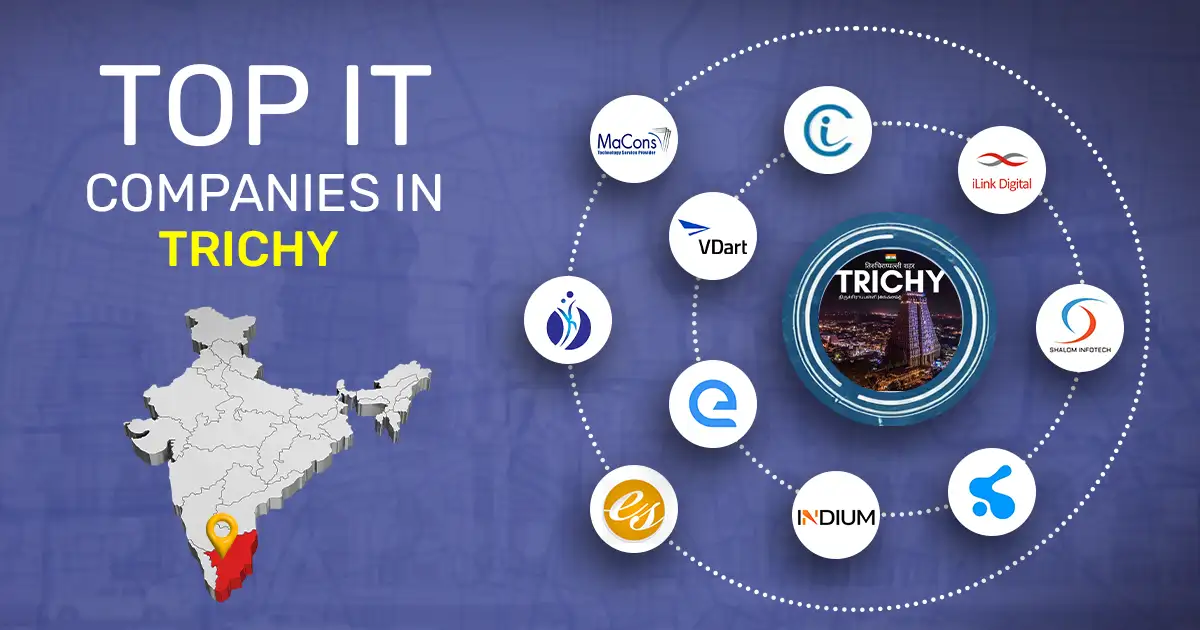
Introduction
Event planning is one of the most exciting and lucrative business opportunities in India. Whether it’s weddings, corporate functions, product launches, or private parties, the demand for professional event planners is constantly growing. But how to start an event planning business successfully? The key lies in having a well-structured event planning business plan, understanding the legal requirements for event planners, and implementing effective marketing strategies for event planners.
Starting an event management business requires creativity, organization, and business acumen. From budgeting to logistics, everything must be streamlined using an event planning checklist to ensure flawless execution. This comprehensive guide will walk you through all aspects of how to start an event planning business.
Why Start an Event Planning Business?
The Indian event industry is booming, valued at thousands of crores, with weddings alone contributing significantly. The increasing need for well-organized events has opened doors for professionals to establish a successful event management business.
One of the biggest advantages of entering this industry is flexibility. You can start as a freelancer, work from home, or build a large-scale company. With a strong event planning business plan, you can cater to high-end clients, corporate events, and social gatherings, making your business profitable.
However, success in this field isn’t just about having an eye for aesthetics. You need to be well-versed in the legal requirements for event planners, pricing strategies, and industry trends. A structured event planning checklist helps in ensuring smooth operations and exceptional client satisfaction.
Market Research and Business Plan Development
Before stepping into learning how to start an event planning business and in the event industry, conducting thorough market research is essential. A well-drafted event planning business plan helps you set clear goals and establish a solid foundation.
Key Elements of an Event Planning Business Plan
- Business Objectives – Define your goals and mission.
- Target Market – Decide whether you will focus on corporate events, weddings, or social gatherings.
- Service Offerings – Will you provide full-service event planning, partial services, or just consulting?
- Pricing Strategy – Decide whether you will charge a fixed fee, percentage-based fees, or an hourly rate.
- Competitive Analysis – Study competitors to position your event management business uniquely.
An event planning checklist helps you to understand how to start an event planning business and outline responsibilities, ensuring efficiency and high-quality service. This checklist should cover venue selection, vendor coordination, logistics, and budgeting.
Legal Requirements and Business Registration
One of the critical aspects of how to start an event planning business is ensuring legal compliance. Meeting the legal requirements for event planners ensures your business operates without any legal risks.
1. Business Registration Options
- Sole Proprietorship – Suitable for small-scale event planners.
- Partnership Firm – If you are collaborating with someone.
- Limited Liability Partnership (LLP) – Provides legal protection.
- Private Limited Company – Ideal for large-scale event management businesses.
2. Licenses and Permits
- GST Registration – Mandatory for taxation compliance.
- Trade License – Required for operating an event business legally.
- Event-Specific Permits – Permissions from local authorities for public events.
- Contracts with Vendors – Legal agreements with caterers, decorators, and entertainment providers.
Understanding the legal requirements for event planners helps you avoid disputes, penalties, and business interruptions.
Setting Up Your Services and Pricing Structure
When setting up an event management business, it’s crucial to define your service offerings clearly.
Types of Event Planning Services
Full-Service Event Planning – End-to-end management of all aspects.
Partial Planning Services – Handling specific aspects like decor or logistics.
Consultation Services – Providing expert advice and recommendations.
Pricing Strategies
- Fixed Fee – Charging a set amount for a specific type of event.
- Percentage-Based Fee – Taking a percentage of the total event budget.
- Hourly Consultation – Charging per hour for expert advice.
A well-documented event planning checklist helps maintain structure and prevents oversight during execution and understand how to start an event planning business.
How to Find Clients and Build Your Brand?
One of the biggest challenges in how to start an event planning business is acquiring clients. To scale your event management business, focus on marketing strategies for event planners.
1. Build an Online Presence
A professional website is essential for showcasing your services. Optimize it with keywords like event planning business plan and event planning checklist to rank higher on search engines.
2. Leverage Social Media
Use Instagram, Facebook, and LinkedIn to showcase past events, testimonials, and behind-the-scenes glimpses. This builds trust and attracts potential clients.
3. Networking and Collaborations
Building relationships with vendors, venues, and industry professionals helps get referrals. Attending industry events and workshops also expands your reach.
4. Word-of-Mouth and Client Referrals
Encourage happy clients to refer you. Offer incentives such as discounts for referrals to boost word-of-mouth marketing.
Implementing strong marketing strategies for event planners ensures consistent business growth and understanding how to start an event planning business in India.
Challenges in the Event Planning Industry and How to Overcome Them
Starting an event management business is rewarding but comes with challenges.
Budget Constraints – Offer different pricing packages for various client budgets.
Last-Minute Changes – Always have a contingency plan.
Vendor Issues – Maintain a list of backup vendors for emergencies.
High Competition – Differentiate by offering personalized and unique experiences.
Using a well-structured event planning checklist ensures that your events run smoothly and clients remain satisfied.
Conclusion
Starting an event management business in India requires careful planning, a strong event planning business plan, and compliance with the legal requirements for event planners. By defining clear services, setting up a pricing structure, and implementing marketing strategies for event planners, you can establish a successful career in this industry and understand how to start an event planning business.
An event planning checklist ensures every detail is accounted for, making events seamless and memorable for clients. Whether you want to specialize in corporate events, luxury weddings, or private parties, following this guide on how to start an event planning business will help you build a profitable venture.
Why Choose RegisterKaro?
Starting an event planning business requires proper legal and administrative steps to ensure smooth operations. RegisterKaro simplifies the process by providing expert guidance on company registration, tax compliance, and licensing requirements. With our hassle-free services, you can focus on building your business while we take care of the legal complexities. Whether it’s registering your business, ensuring tax compliance, or getting the right permits, RegisterKaro is your trusted partner in setting up your event planning business on a solid foundation. Let us help you get started quickly and efficiently—reach out to us today!
Frequently Asked Questions
No, but professional event planning certifications can enhance credibility.




